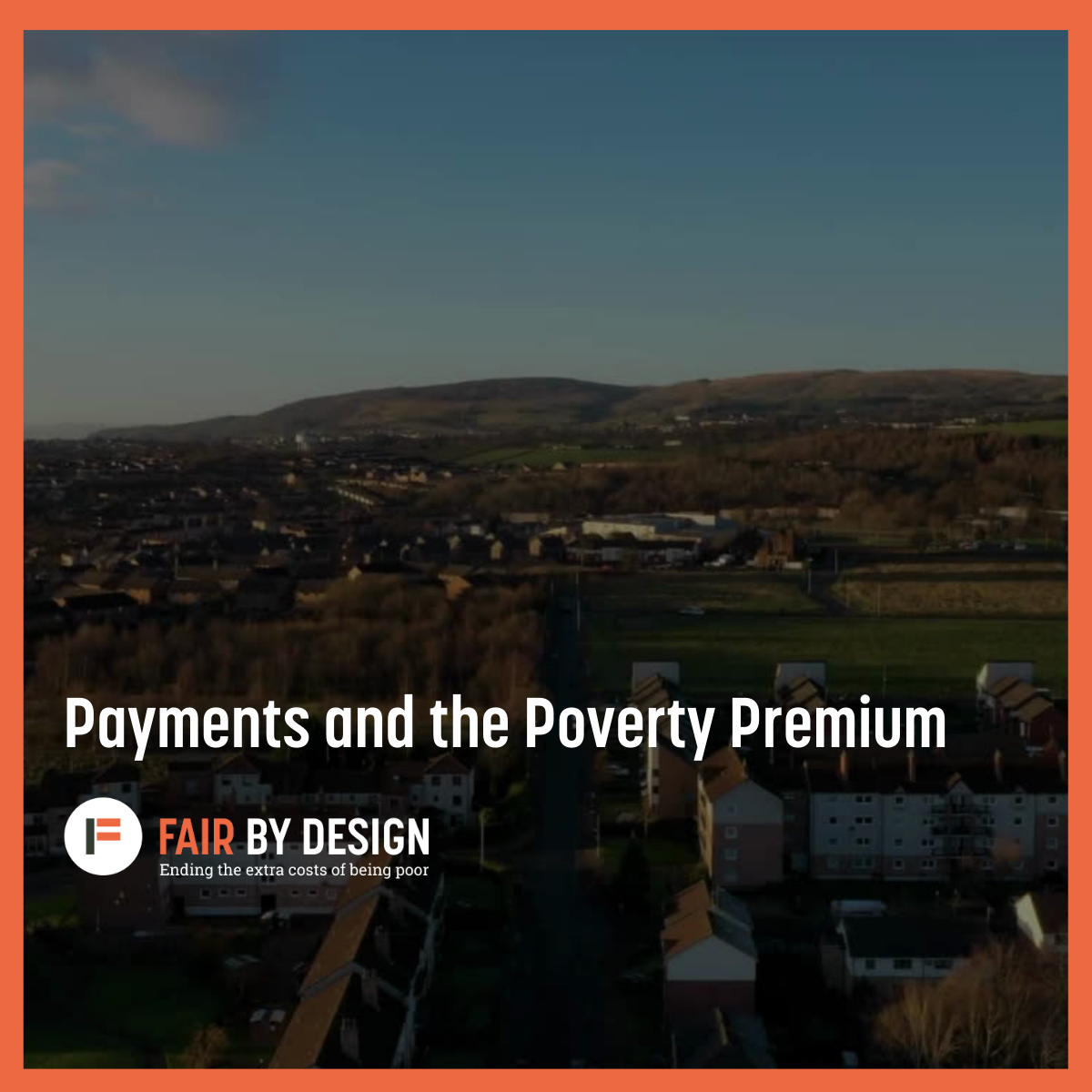By Sohaib Malik, Policy and Communications Officer at Fair By Design
We are one week on from the Financial Conduct Authority (FCA)’s consultation deadline for Open Finance – a way to drive change in the financial services sector, for firms and for customers too. But what is it?
Before we talk about Open Finance, it’s useful to describe its precursor: Open Banking.
Open Banking is the ability to share your financial data with authorised companies other than your bank – known as Third Party Providers or ‘TPPs’. You give permission to connect your bank account to TPPs, and share information like spending habits, regular payments, and companies you use.
Examples of what your Open Banking data could be used for, include:
- Personal financial management – for example Youtility (a Fair By Design Venture Fund investee) connects with your bank account, identifies how much essentials such as utilities and insurance cost, and enables in-app comparisons and switching.
- Bringing together different bank accounts in one place for an overview of your finances.
- Making payments directly from your bank account.
The idea behind Open Banking is that it could lead to more and better products and services for the consumer, as firms compete for custom and develop new offerings.
Open Finance aims to build on the Open Banking model, allowing TTPs access to new forms of financial data: on savings accounts, consumer credit, insurance, pensions, mortgages, and investments.
The benefits for consumers promise to be as outlined above, but across a greater number of products. For businesses, Open Finance could lead to increased demand for their products and services, and encourage innovation to meet this demand.
But before Open Finance is rolled out, we need to fully understand how consumers have been affected by Open Banking – particularly those who are vulnerable/on low incomes – so lessons can be learned and applied.
Is Open Finance accessible?
The FCA’s vision for Open Finance is to “empower” consumers by giving them more control over their data. But we know that many consumers already find financial products and services confusing. Others are time-poor to such a degree that their ability to make good decisions is impaired. Is more information and decision-making responsibility the answer?
Open Finance’s success may also depend on consumers being online. Will there be a ‘privacy premium’ for people who do not engage because of concerns around data misuse? Many others may not be able to access the internet for a variety of reasons, including lack of confidence or the fear factor, and sometimes because of external or practical reasons, such as no access to a computer or smartphone, or a lack of decent broadband or mobile signal. Will these consumers miss out on good value products and services that are only available through participating in Open Finance? Paying more for their essentials because they are digitally excluded?
Will Open Finance lead to more exclusion?
Even if consumers consent to sharing their data, they have no control over how machine learning or Artificial Intelligence (AI) algorithms interpret this information. The FCA itself has pointed out that there is a risk that the greater sharing of data could lead to customers with certain characteristics being excluded from certain markets. If businesses have access to more data through Open Finance it could lead to more personalised pricing of insurance policies. This increased individualising of risk is likely to disproportionately affect vulnerable or low income consumers.
On the other hand, Open Finance does have the potential to help consumers access the products and services they need – and tackle the poverty premium. For instance, it has the potential to help provide Credit Reference Agencies with a more complete and accurate picture when assessing creditworthiness and affordability. Fair By Design investee Credit Kudos, already uses Open Banking data, namely bank account transaction data, to assess how much debt an individual can realistically take on given their financial history. This supports access to mainstream credit and can help maintain financial health.
What should the FCA do next?
Open Finance should not simply focus on the portability of data. When it comes to implementing Open Finance, the FCA needs to ensure consumers properly understand the risks as well as the perceived advantages. The FCA also needs to be clear about what can and cannot be considered credible data for financial transactions, such as calculating credit scores or insurance premiums. Having said that, disclosure should not absolve firms of the responsibility to ensure that their pricing practices are fair for all consumers. Regulators and policymakers should make sure that firms design and deliver products that consider all consumers – including those who are vulnerable/on a low income.
As part of the Open Finance Working Group, hosted by the Finance Innovation Lab, we think that Open Finance has the potential to deliver positive outcomes for people and society. But this will only happen if regulators and policymakers pursue a strategy with social objectives at its heart.





